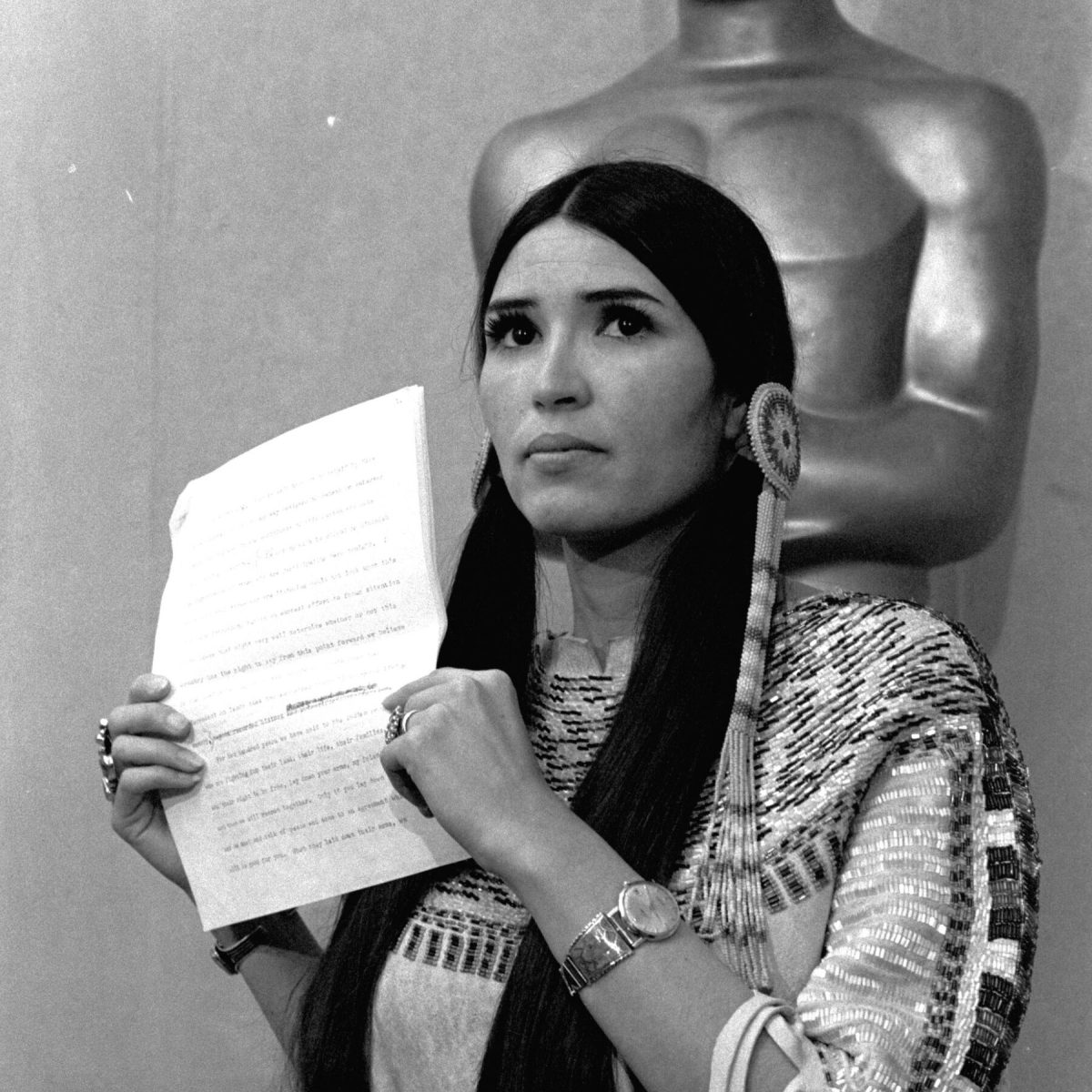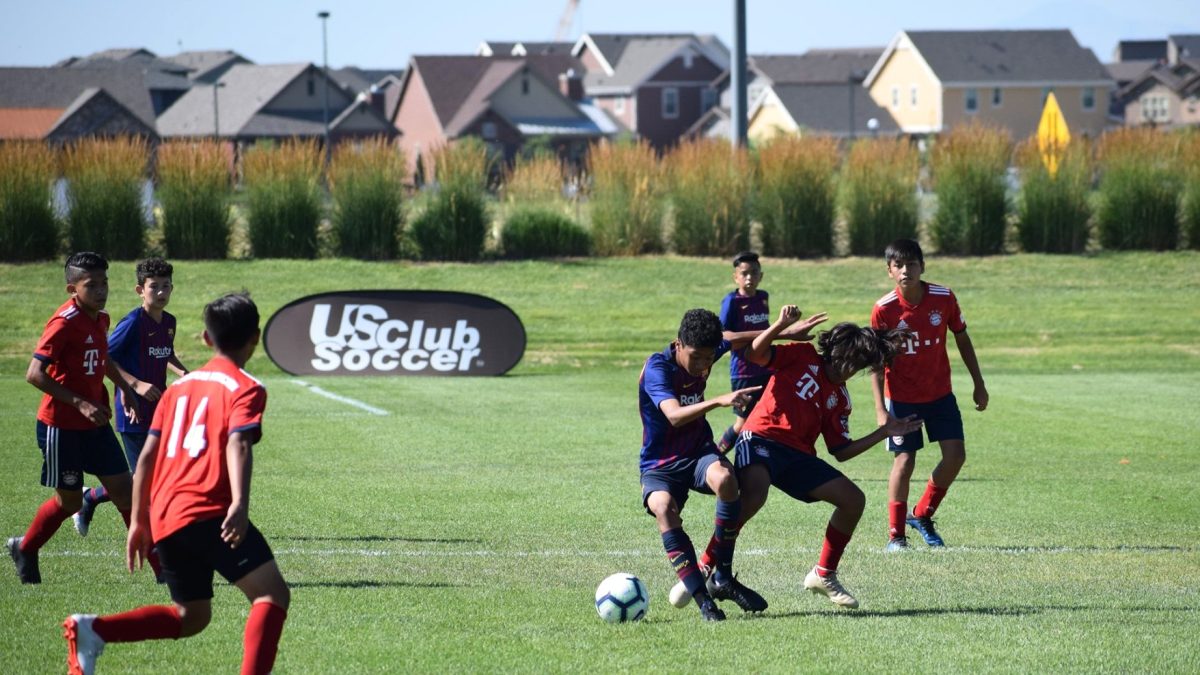As the 96th Academy Awards ramped up to the big-ticket awards, everyone in the Dolby Theatre awaited the inevitable Best Actress win for Lily Gladstone’s portrayal of Mollie Burkhart in Martin Scorsese’s three-hour epic. Gladstone was hot off her success at the SAG Awards, at which she won ‘Best Female Actor.’
Gladstone’s win would have been historical, marking the first time an indigenous person won an Academy Award.
Would have.
Presenter and previous year’s winner, Michelle Yeoh, reached into the envelope and read out, ‘Emma Stone, Poor Things.’
By the look on Stone’s face, even she was surprised she won. In fact, most critics and film reviewers had all been predicting a Killers of the Flower Moon win. Three days prior to the event, Variety Magazine published their predictions in which they put, “Will Win: Lily Gladstone (‘Killers of the Flower Moon’).”
Critics were quick to call the Poor Things actress’s win a mistake.
“Mountlake Terrace High School alumna Lily Gladstone,” reported The Seattle Times. “…was snubbed on Oscar Sunday.”

Though Gladstone’s loss came as a shock to many, reviewing the Academy’s past may have predicted the outcome.
The Oscars have a history of mistreatment when it comes to indigenous actors and actresses. At the 1973 ceremony, Marlon Brando made headlines when he refused his Best Actor Award and sent activist Sacheen Littlefeather to take the stage in his place.
Littlefeather voiced concerns the National Native American Affirmative Image Committee held, and why Brando could not accept because of them.
“And the reasons for this being are the treatment of American Indians today by the film industry,” Littlefeather said to an audience of angry Academy members.
Littlefeather and Brando were both met with harsh criticisms from both the press and the Academy. In fact, it took the academy nearly 50 years to apologize for the harassment Littlefeather was subject to.
Though progress has been made, it would be safe to assume that Gladstone’s loss is a repeat of old Academy sentiments.
“I would like to, you know, give the program the benefit of the doubt. The Oscars has a history of kind of going both ways on this one,” Ryer Ulland, the Skyline IB Film teacher said.
Ulland offers a different thought to the reason why Gladstone lost, a more technical approach.
“…she wasn’t the main protagonist of the film, which I just think it makes it challenging to show enough, to impact a film enough, to be designated as, best leading actress,” Ulland said.
Whether Gladstone’s loss was because of racial bias or not, it is important to acknowledge that any Native representation onscreen is positive. Native Americans make up only 0.25% of speaking characters in film. Having a film highlight a story like Killers of the Flower Moon is rare in Hollywood.
“…there’s a lot of [Native] stories’ ideas, for a production company to take on a story like this, there has to be interest,” Ulland said. “I think what this reflects right now is an interest, and more people want to hear these stories.”








